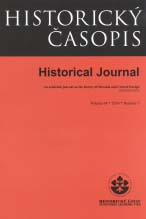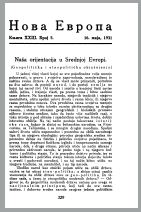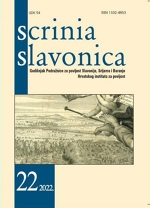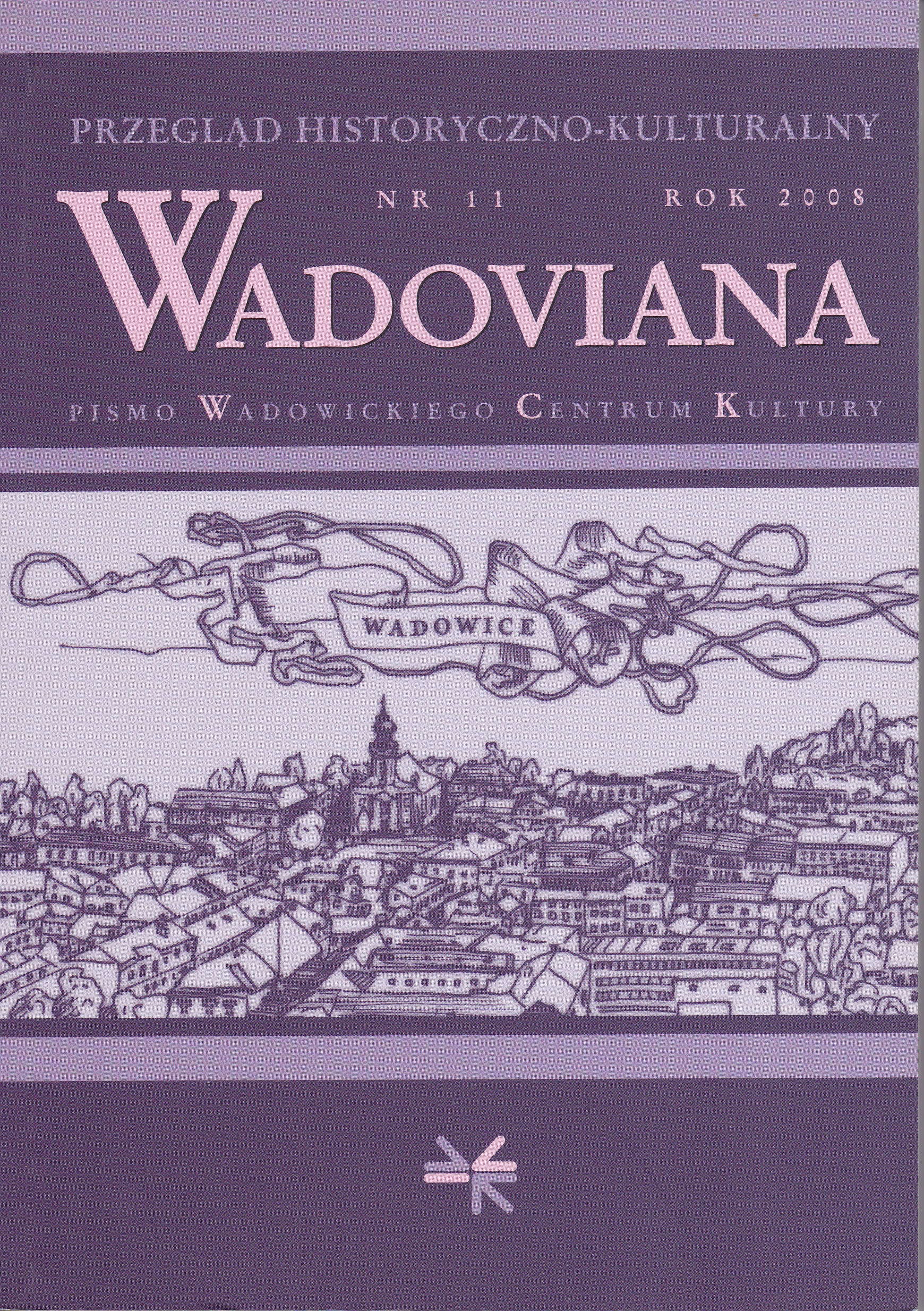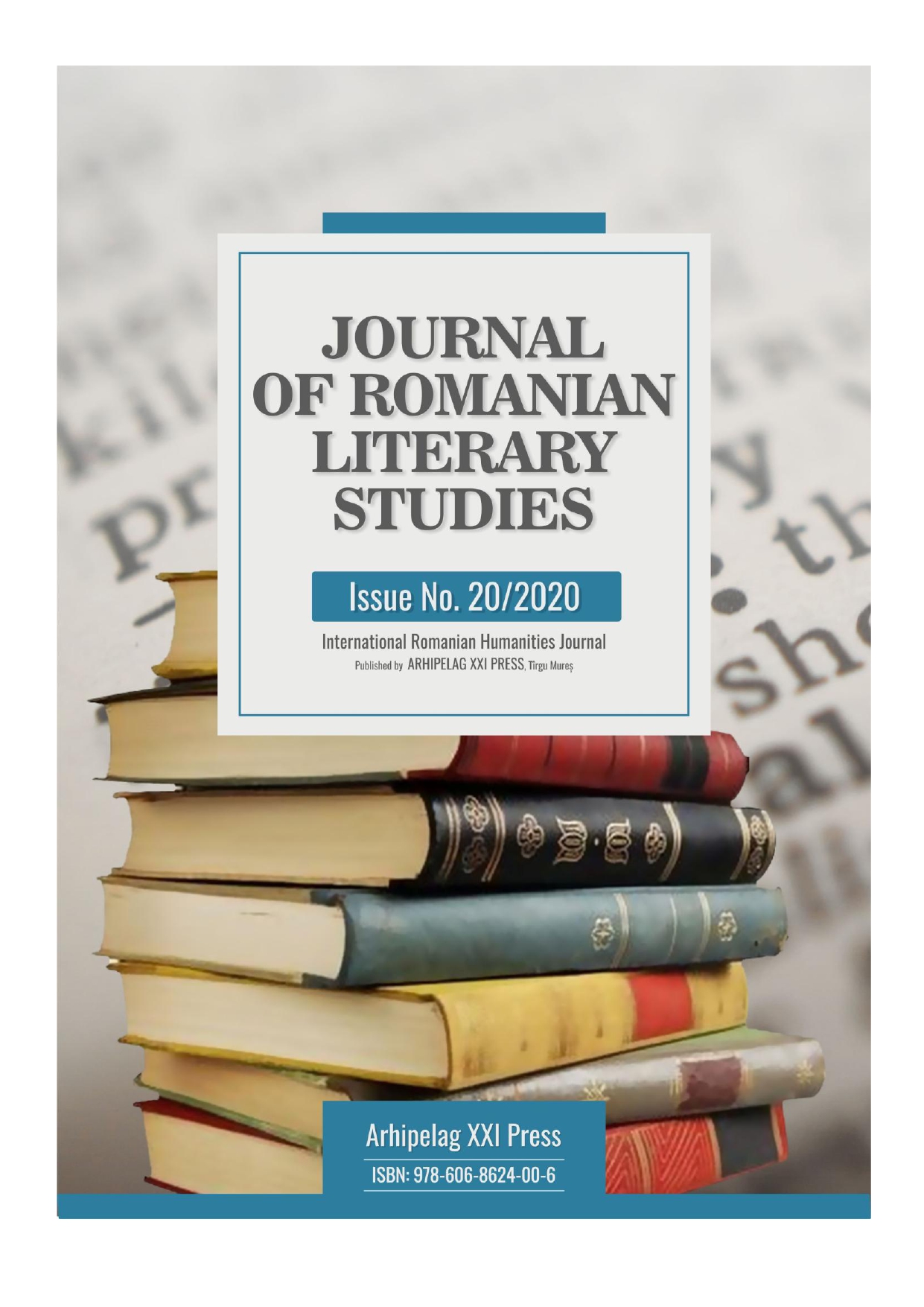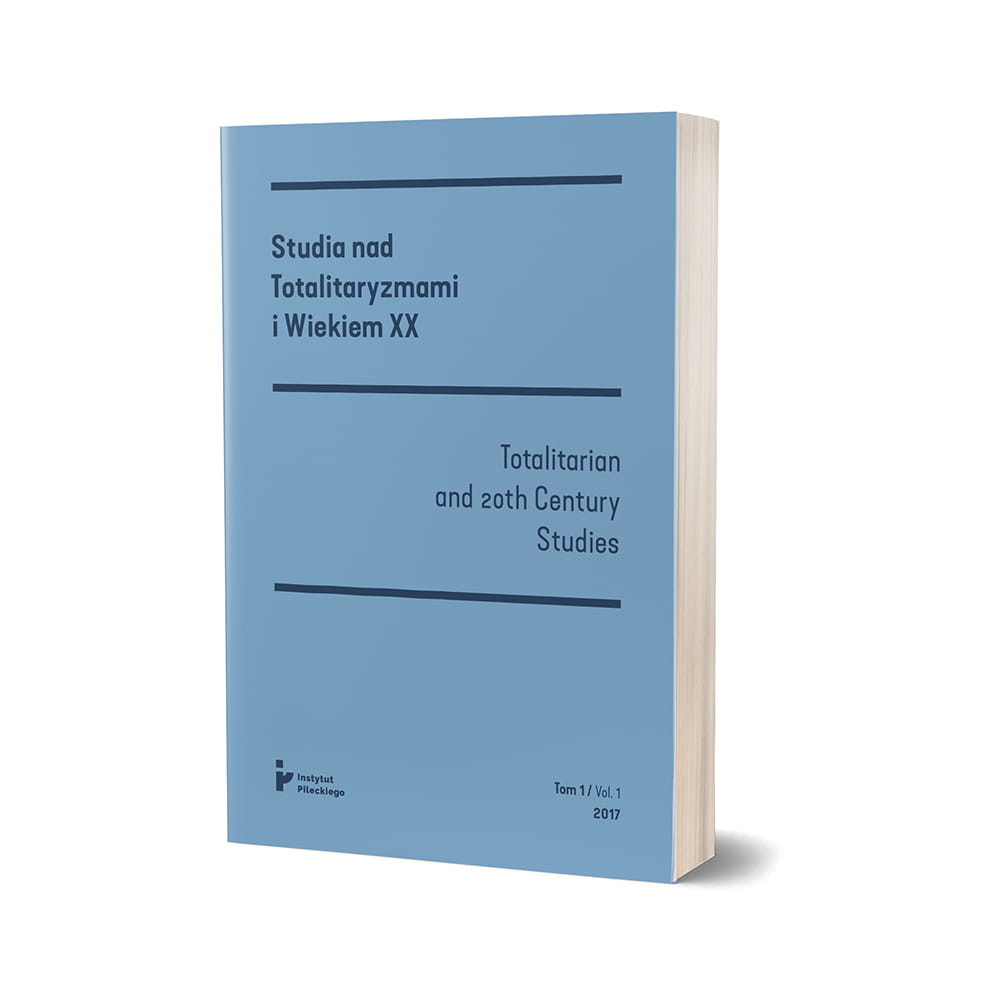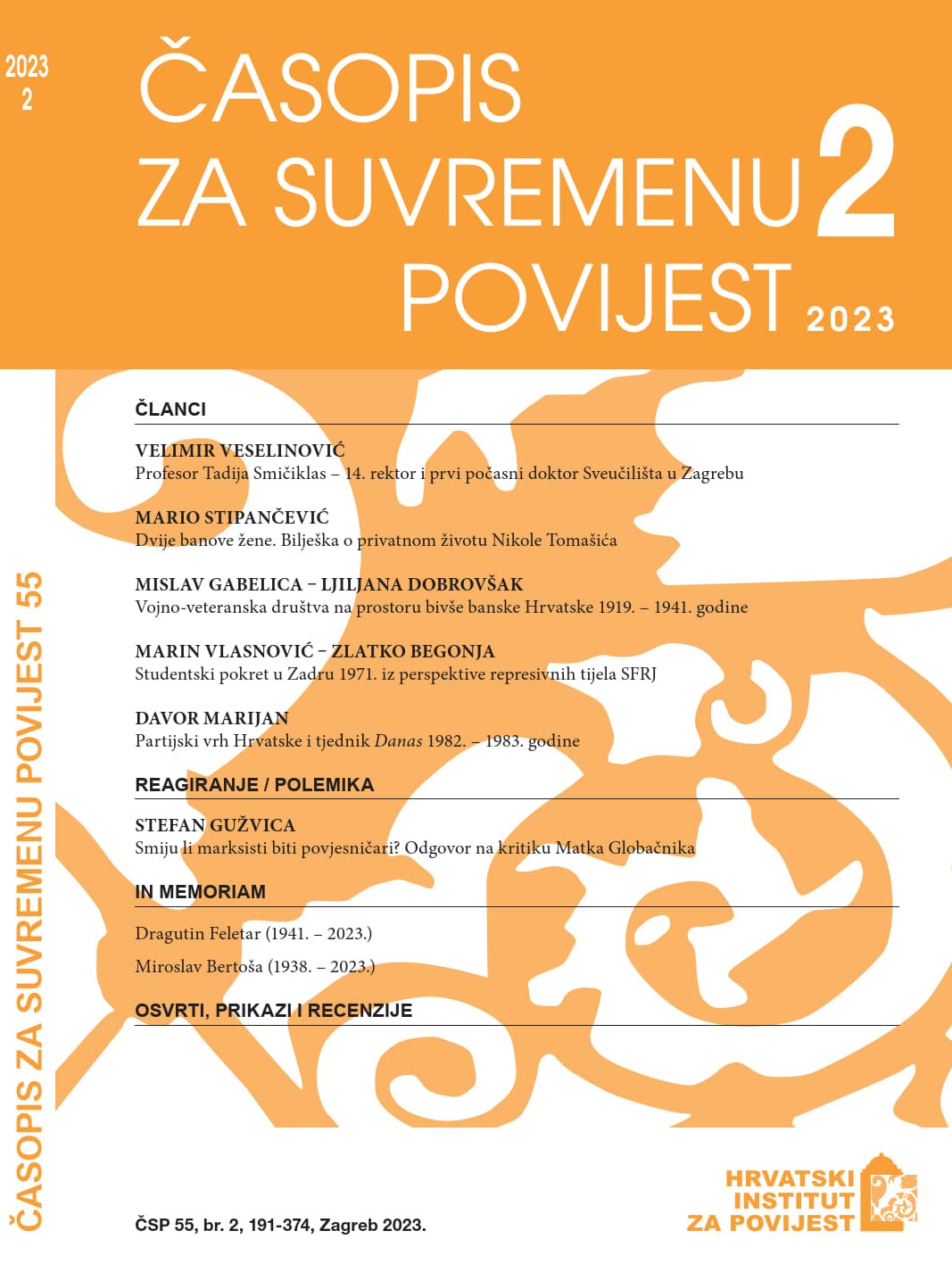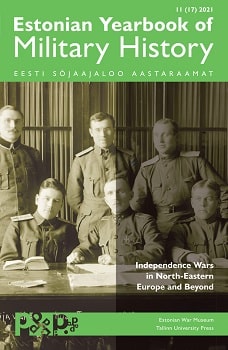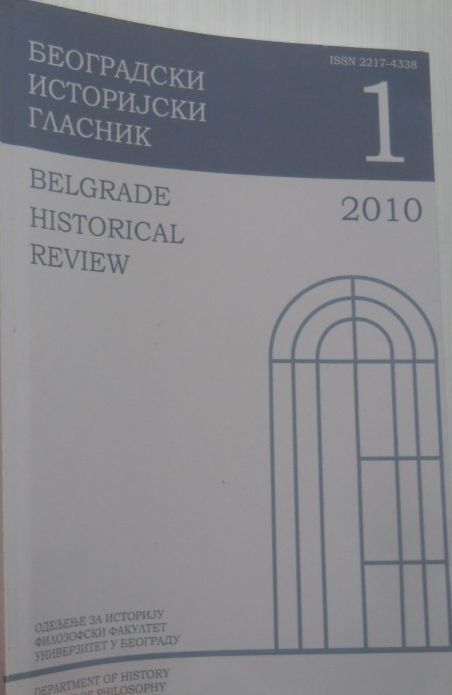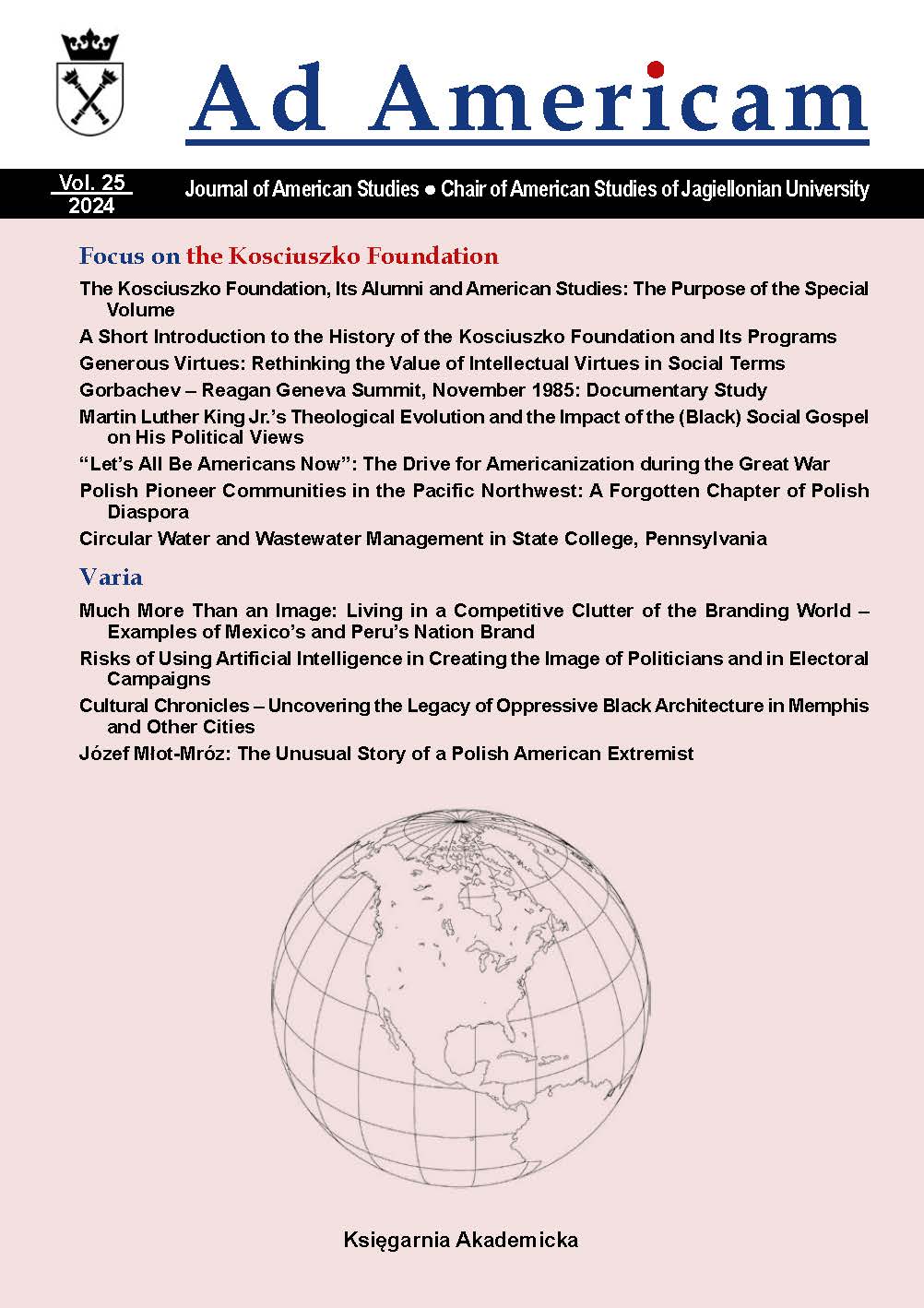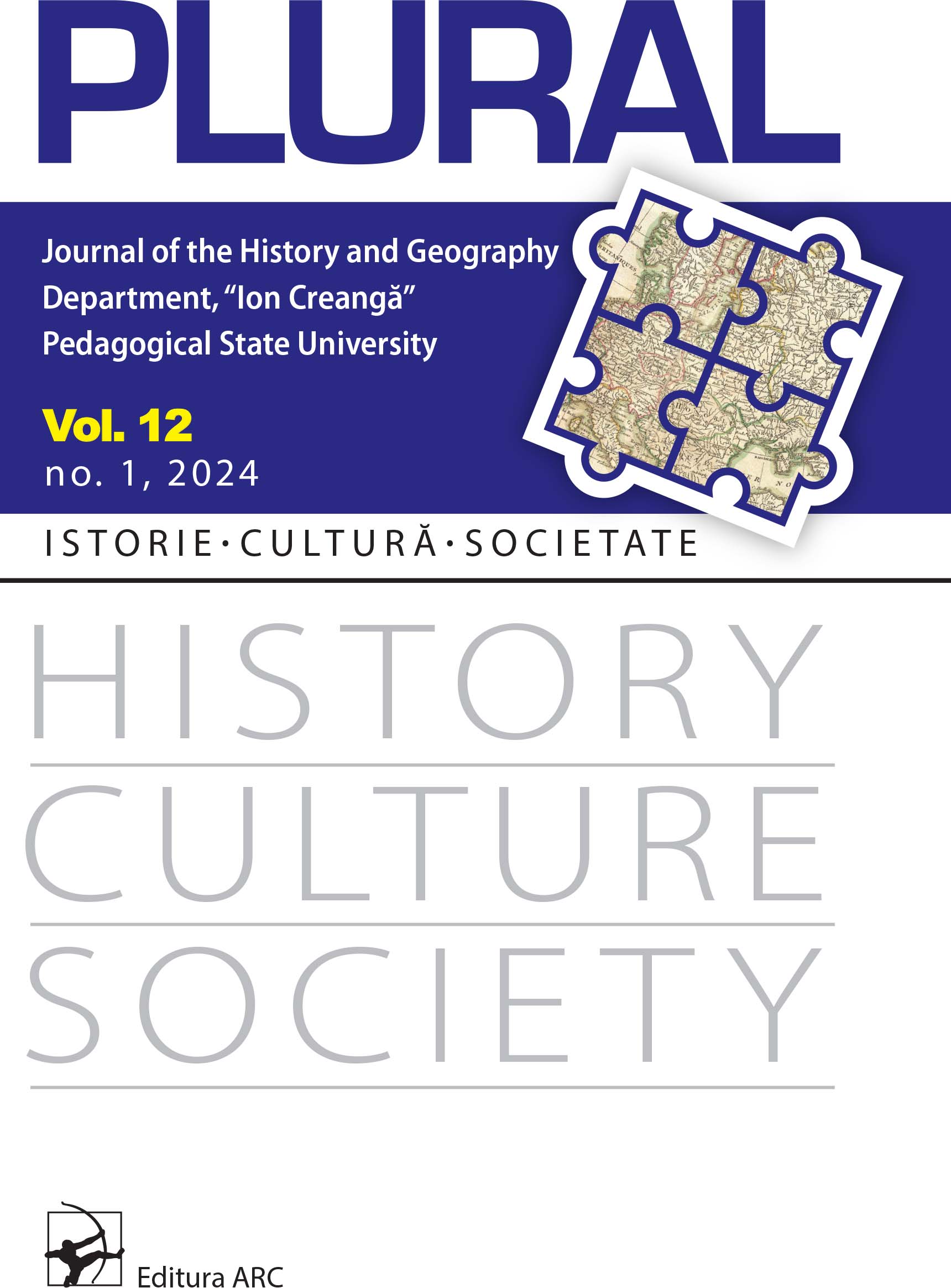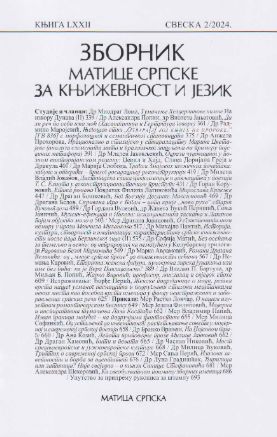Author(s): Halina Parafianowicz / Language(s): English
Issue: 25/2024
The purpose of the article is to present a brief overview of the Americanization movement during the Great War, which strongly impacted the national policy on this matter and its evolution. National unity became particularly important and urgent in the context of war, especially after the U.S. entered the conflict. This involvement led to vigorous efforts to Americanize “all Americans,” as advocated by key players. Consequently, considerable attention from the government, various agencies, state and local offices, and several organizations focused on the foreign‑born and unassimilated immigrants, who were expected to demonstrate full loyalty, contribute to the U.S. workforce, and engage in patriotic service for the adopted country. The war’s urgent demands for workers, recruits, and loyal Americans accelerated the implementation of new Americanization avenues and sped up the assimilation policy for immigrants and the foreign‑born. The government, businesses, philanthropies, and various organizations propagated, conducted and implemented numerous programs addressed to these groups. The primary aim was to educate and prepare them for their duties to their new country, particularly aiding the war effort. Many immigrants assimilated through English language courses and thus were better prepared for American life. They contributed to the war effort by Hooverizing, working on the home front, buying Liberty Bonds and enlisting in the U.S. Army. Immigrant women were also a focus, with programs designed to prepare them for American values and community life through education and patriotic initiatives.
More...

